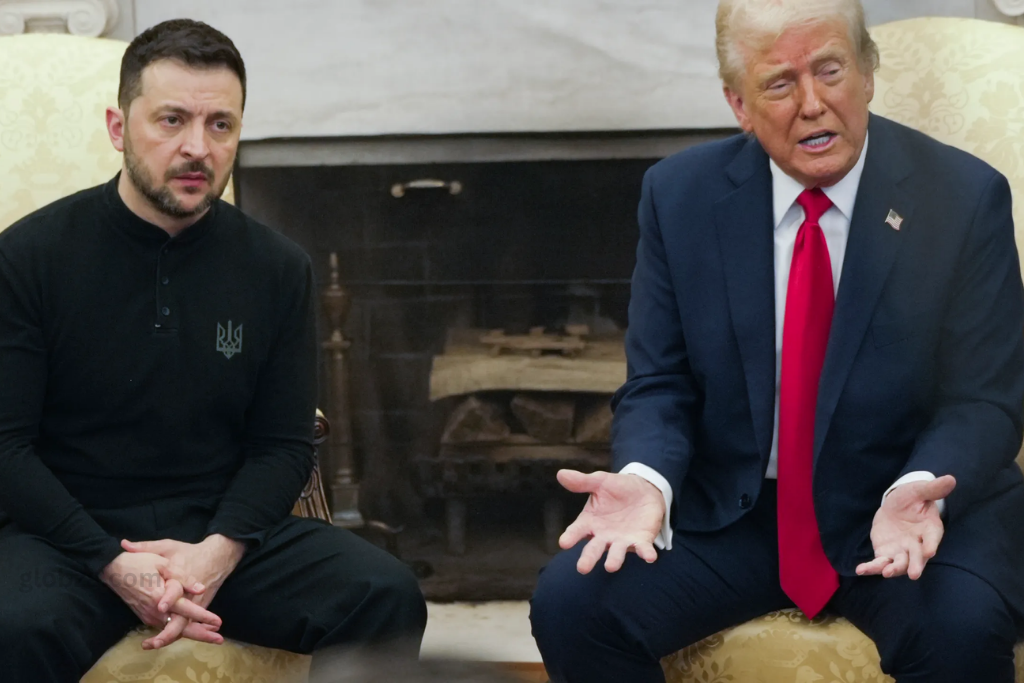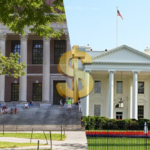A Devastating Assault as Trump Blames Zelensky Sparks Global Turmoil
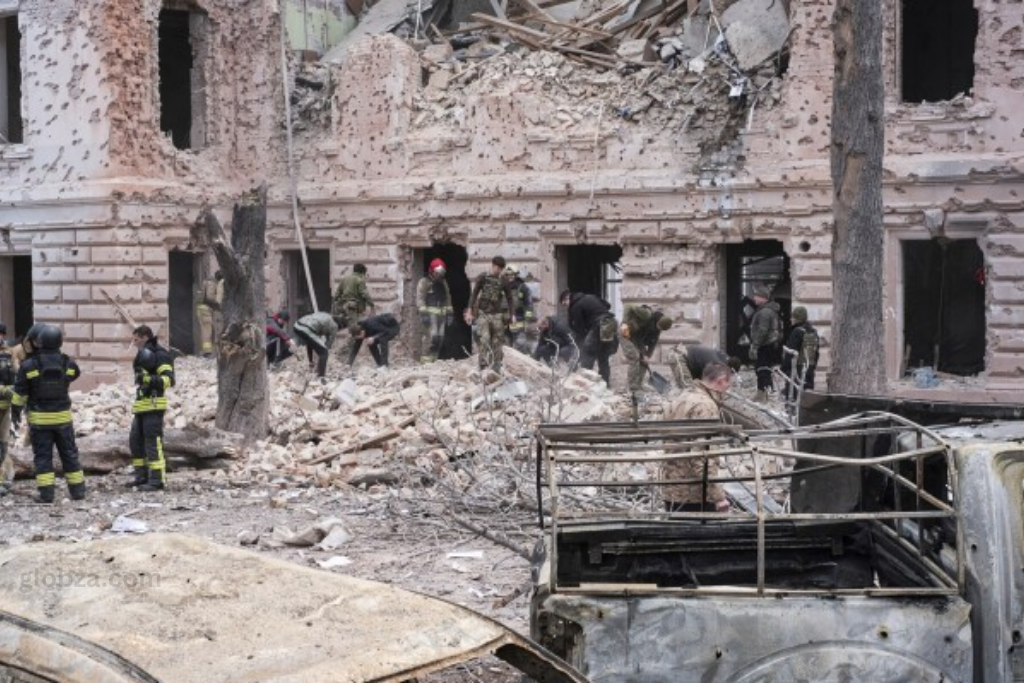
Trump blames Zelensky following a brutal Russian rocket strike on the Ukrainian city of Sumy, where at least 35 civilians were killed and over 100 injured. His controversial remarks came just hours after the attack and immediately ignited a global political storm. The Sumy assault, one of the deadliest of 2025, shocked the world—not only for its devastation but for the explosive rhetoric that followed from the former U.S. president.
President Volodymyr Zelensky called it a “dark chapter” in Ukraine’s war history, while world leaders condemned the attack and urged urgent support for Ukraine.
Trump Blames Zelensky After Sumy Attack, Triggering Global Condemnation
Less than a day after the Sumy tragedy, former U.S. President Donald Trump blamed Zelensky for prolonging the conflict.
“You don’t start a war against someone 20 times your size and then expect people to give you rockets.” — Donald Trump
This remark ignited an international backlash. Critics accused Trump of echoing Kremlin talking points and dismissing Ukraine’s sovereign right to self-defense. The suggestion that Zelensky shares blame stunned many, especially given the ongoing civilian toll.
“Millions of people dead because of three individuals: Putin, Biden, and Zelensky.” — Trump
Foreign policy analysts warned that Trump blaming Zelensky sends a dangerous signal—implying that countries under attack may share fault for their own suffering.
The Impact of Trump Blaming Zelensky: A Risky Diplomatic Gamble
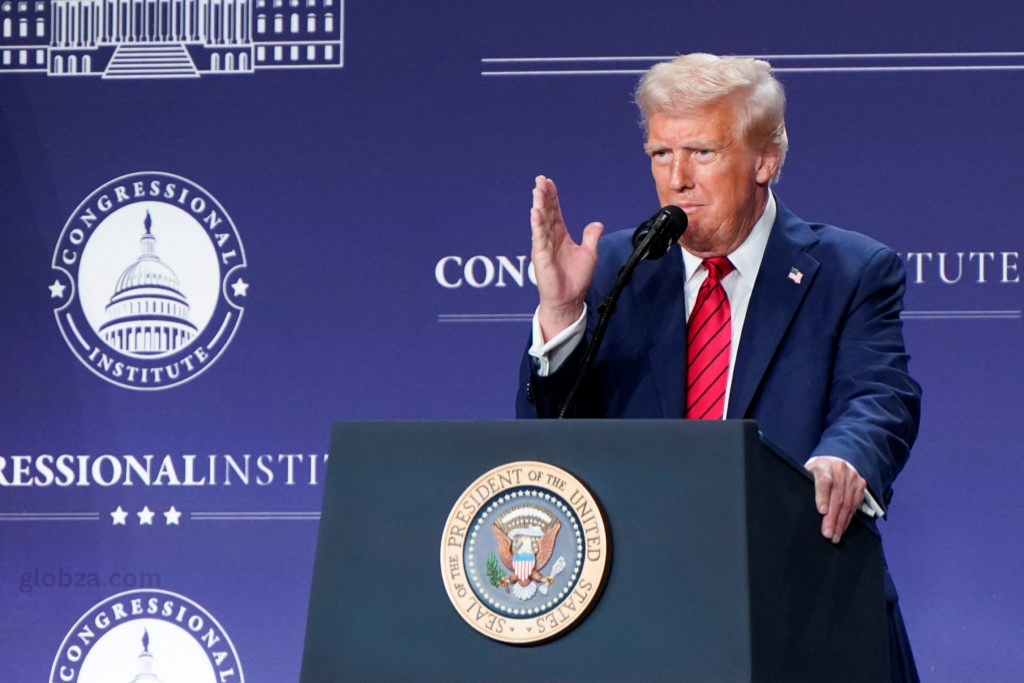
Although Trump called the Sumy attack “terrible,” he speculated—without providing evidence—that it could have been an accident by Russian forces.
By lumping Putin, Biden, and Zelensky into a shared blame narrative, Trump blurred moral lines. Many worry this rhetoric encourages authoritarian aggression and undermines democratic alliances.
Trump further accused Zelensky of rejecting peace opportunities and “gambling with World War Three,” though he failed to provide a viable peace framework.
Key Takeaways:



Zelensky Responds as Trump Blames Him for War’s Escalation
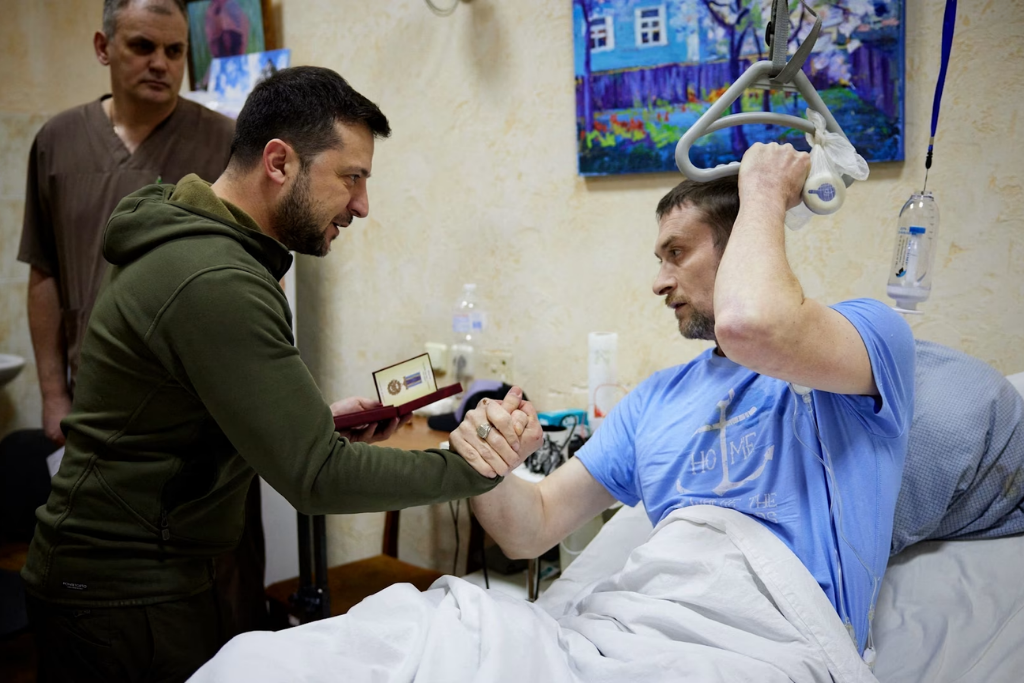
Just days before the Sumy tragedy, Zelensky made a personal appeal to Trump, urging him to visit Ukraine and witness the devastation firsthand.
“Come see the people, the hospitals, the churches, the children destroyed or dead.” — Zelensky
He warned against political deals forged without understanding the real cost of war. Zelensky insisted that true peace must uphold justice and sovereignty—not be built on territorial concessions or appeasement.
“Peace cannot be built on the graves of our children.” — Zelensky
Trump’s Position on Zelensky Alarms NATO Allies
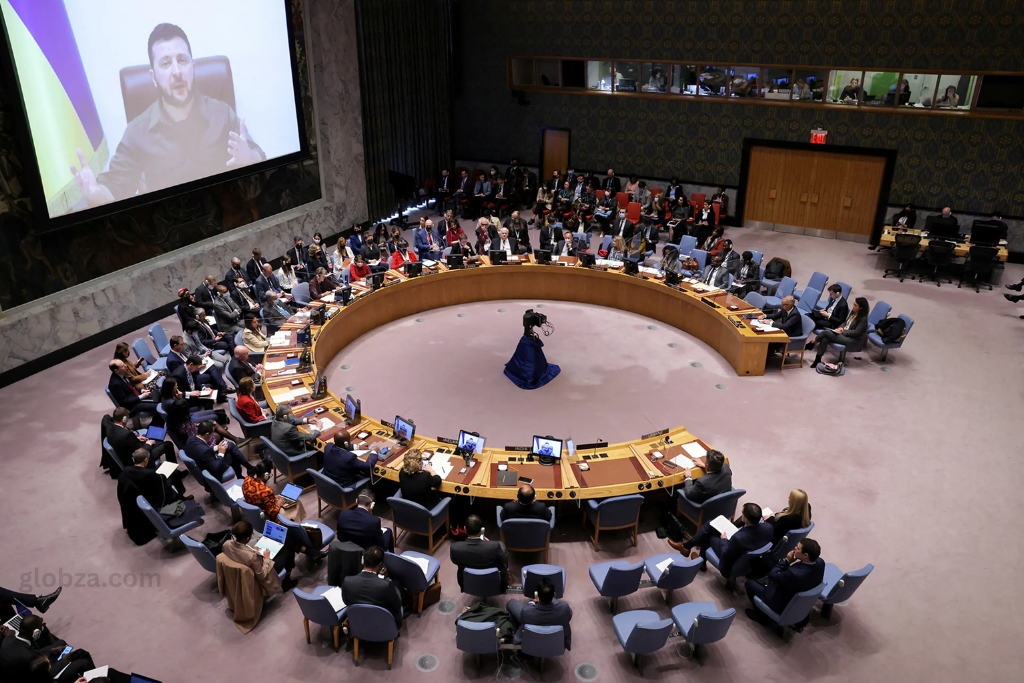
Trump’s comments sent shockwaves through NATO. Earlier this year, the U.S. made headlines by voting with Russia on a symbolic U.N. resolution, raising alarms about changing allegiances.
Now, Trump blaming Zelensky after the Sumy attack is testing NATO’s unity and resolve.
Russia’s ongoing demands include:



Meanwhile, reports suggest Trump’s envoy discussed NATO’s Article 5 with Russian officials—stirring concern in Brussels.
“Partnerships create stability.” — Steve Witkoff, Trump’s envoy
Final Thoughts
The fallout from Trump’s statements continues to unfold. As Ukraine reels from one of its darkest days, the world watches closely. Trump blaming Zelensky isn’t just a headline—it’s a test of where global leaders stand when democracy is under fire.
A Significant Year: Europe Promises €21bn Military Help to Reinforce Ukraine’s Defenses – See More
